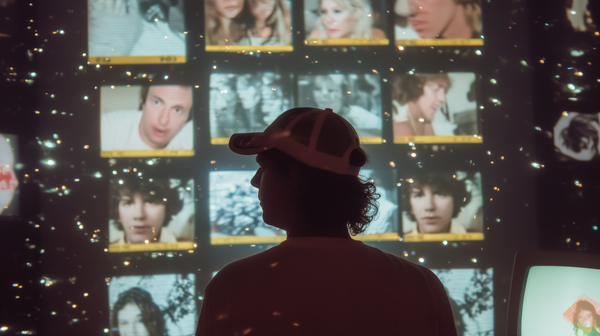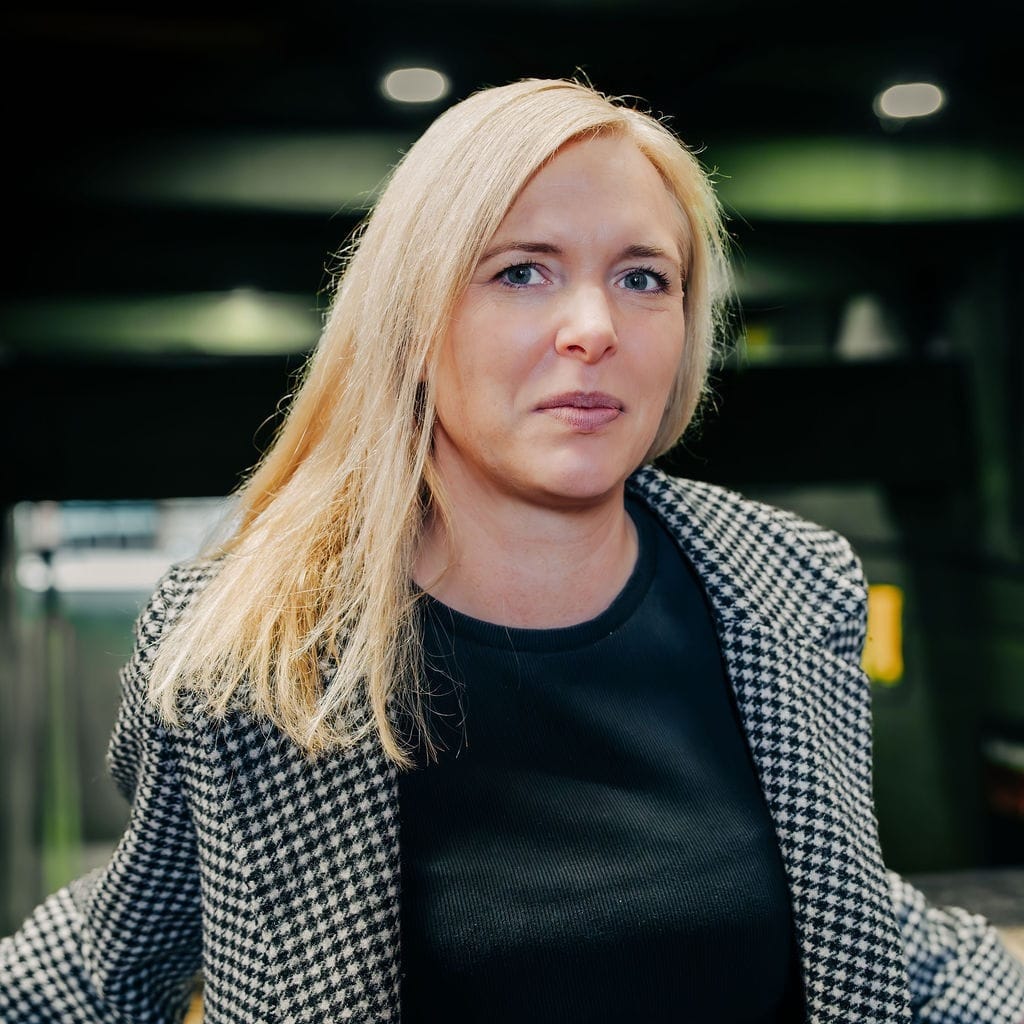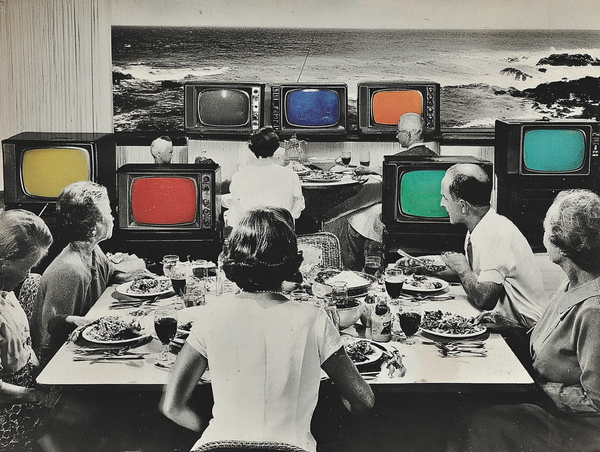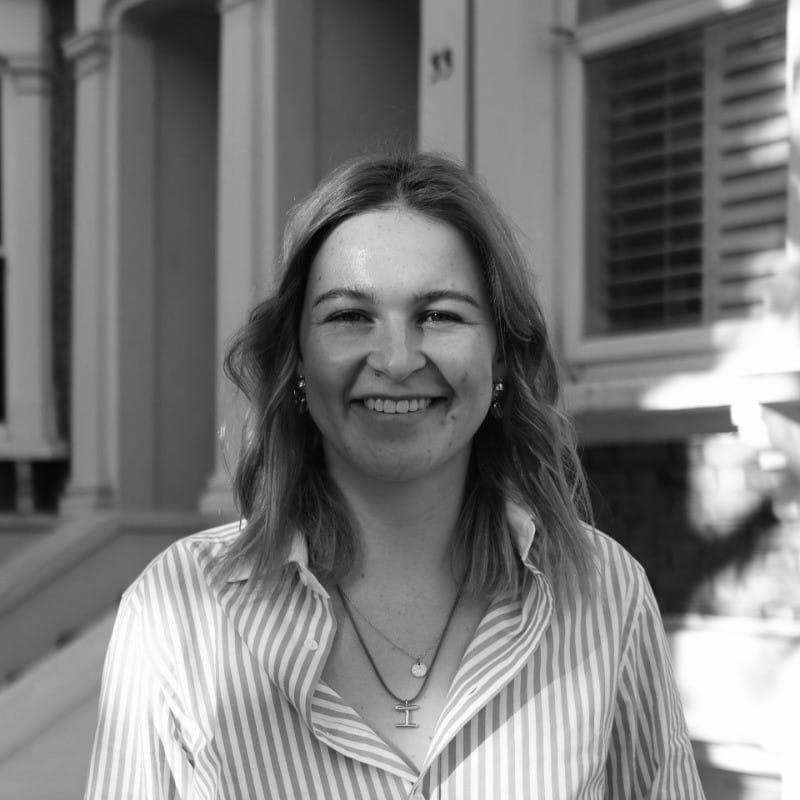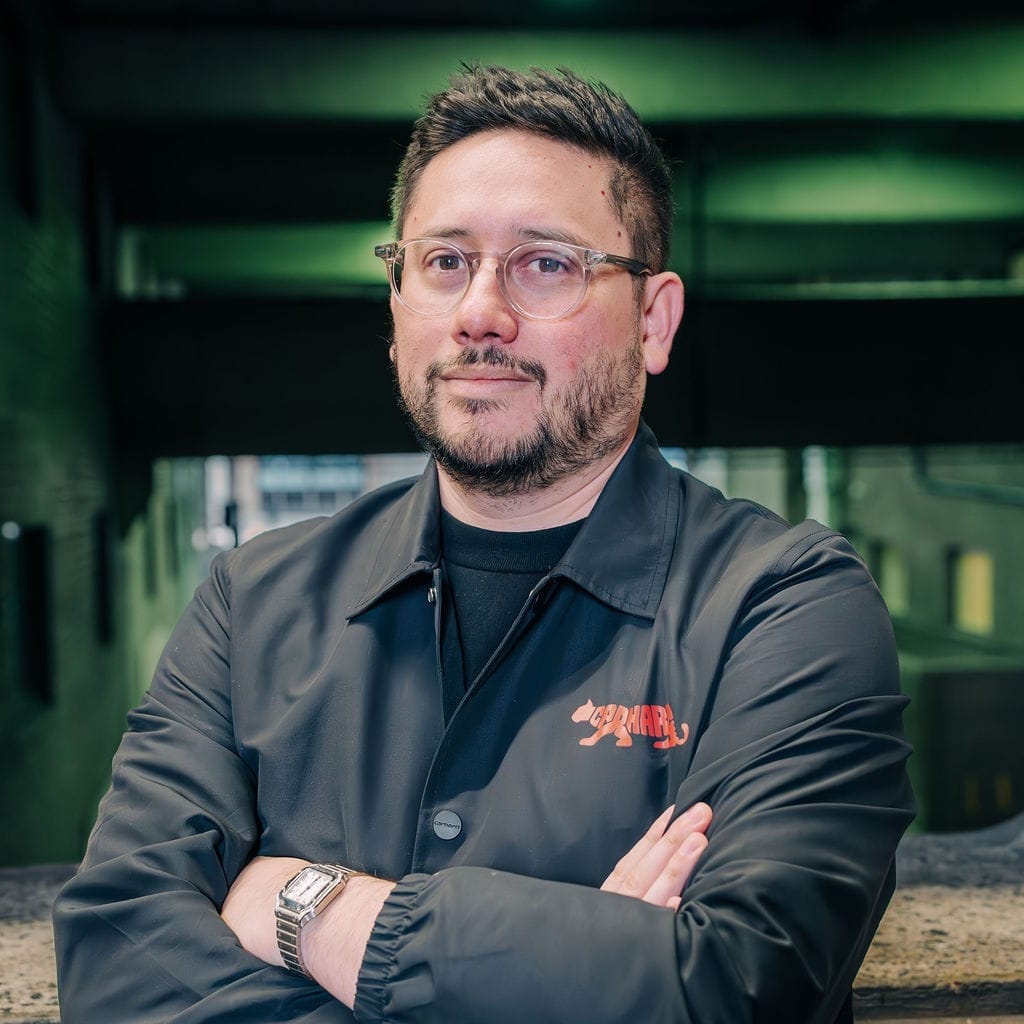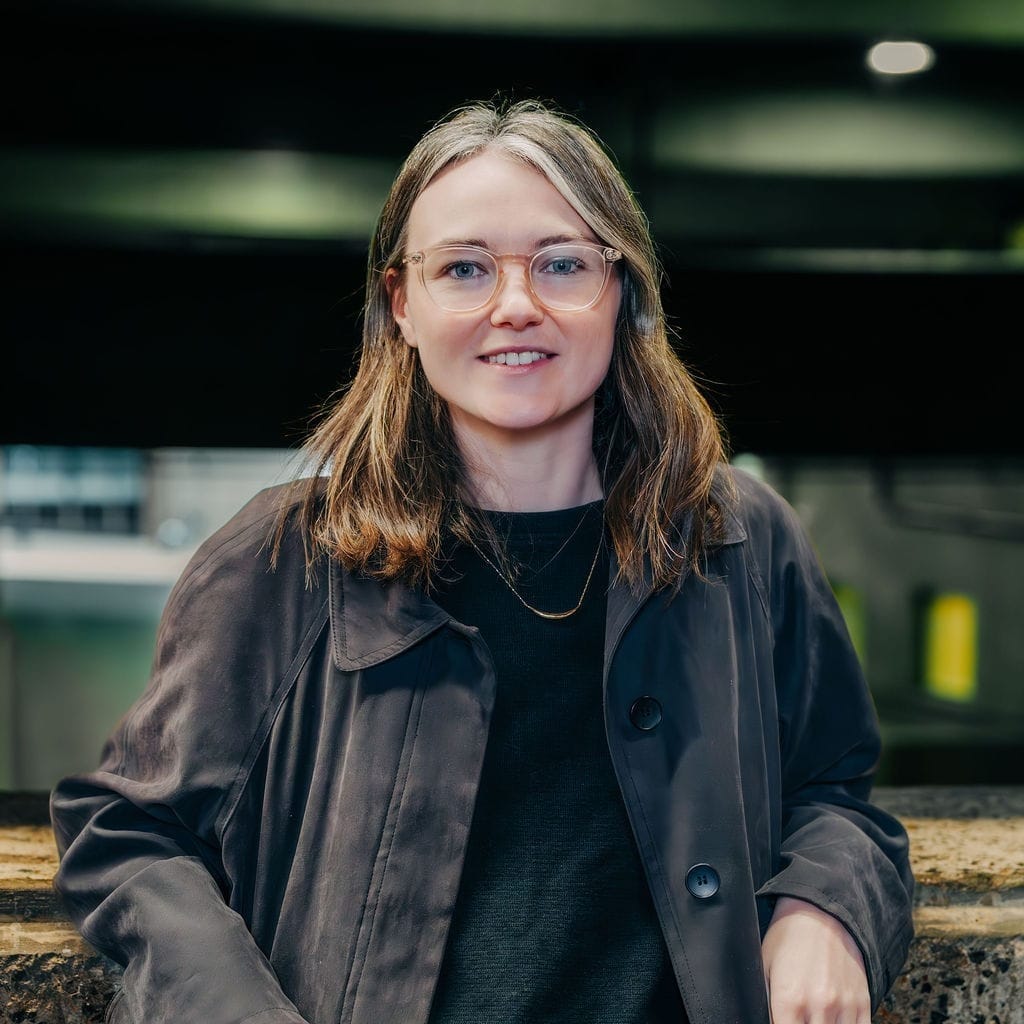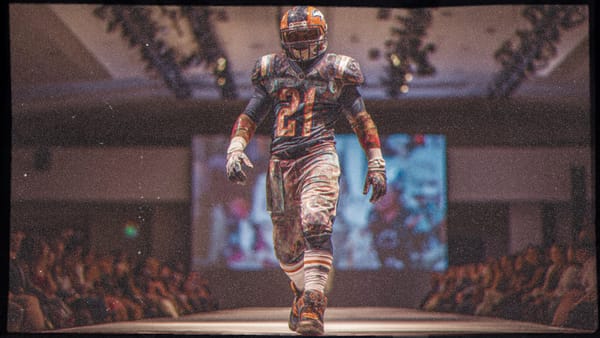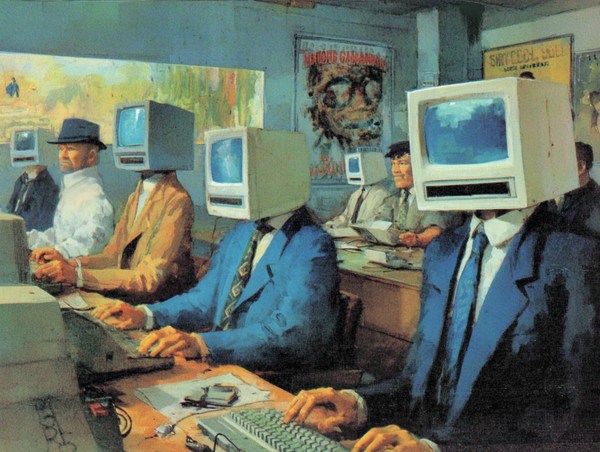“In marketing, you often test two or three concepts a week,” James He tells me over our Riverside call. “Now imagine testing 200, or 2,000.” That is a great promise to many a marketer but this isn’t just about providing more ideas, it’s about context and answers. James has built a system that surfaces the top performers and explains what’s driving them.
Consider the Sydney Sweeney American Eagle campaign. In isolation, the “jeans/genes” wordplay might charm a focus group. But the conversation changed once a now‑removed video – “Genes are passed down… my jeans are blue” – hit social feeds. That’s where small takes get amplified, meanings shift, and backlash becomes real.
Artificial Societies is built for that gap: simulated communities that argue, influence, and harden opinions the way people do outside of forms and surveys. James’s London start-up mimics human culture so brands can test ideas before they blow up in public.
From Cambridge to simulated societies
James didn’t set out to build marketing software. At school, he was obsessed with people who bridged art and engineering – Leonardo da Vinci, Ada Lovelace, Alan Turing. “Ada helped invent computer systems and was Lord Byron’s daughter, which is crazy,” he laughs.

